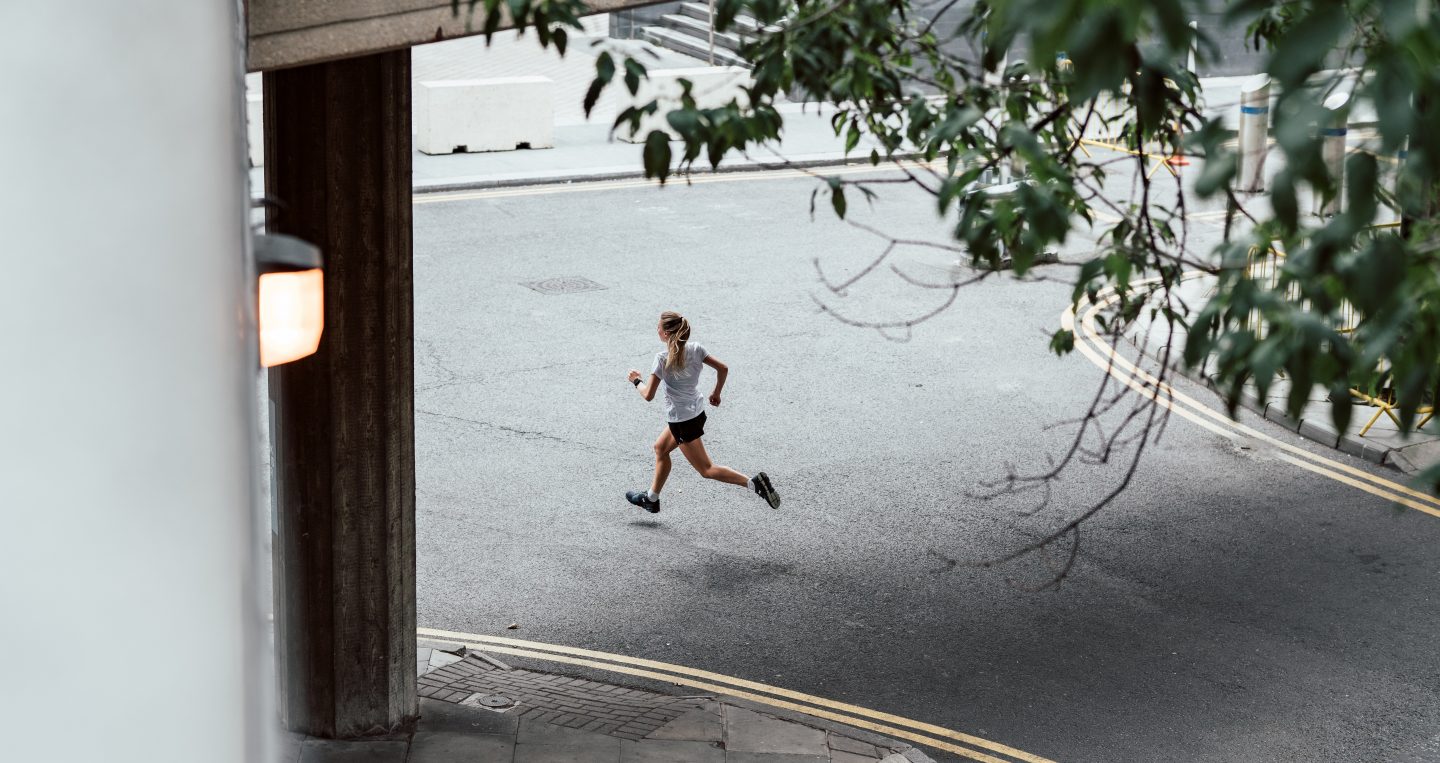
How gut health affects exercise performance
The year is 2009. I’m 20 years old and heading to a supplement store to seek some rock-solid, reliable nutrition advice (eyeroll) to help me improve at the gym. I’m instantly greeted by a super enthusiastic guy violently shaking a plastic shaker of a fluorescent purple liquid. “I want to lose weight and tone up”, I say, echoing the words of millions of young women across the world. Despite my barely 60kg figure, he “has just the stuff” and leads me through the columns of towering plastic tubs of powders while he guzzles his purple concoction. I go home with some new shiny tubs of fat burner, pre-workout, whey protein powder and a new meal plan consisting of mostly turkey, chicken, cottage cheese and maybe 2-3 vegetables.
No guts, no glory
Thankfully the science has moved on, even if some parts of the fitness industry have not. Breakthrough studies in gut health have found solid links between gut health and exercise performance. It turns out that those microorganisms play a major role in helping you get fitter, faster, and stronger. Even if your goal is to have more consistency in your routine, a healthy gut can help. Read on to find out how.
*By the way, that the first morning I went to the gym I vomited up my fat-burner and had to rush to the toilet 20 minutes after my pre-workout. All thanks to some rock-solid, reliable nutrition advice.
1. Increases energy
Your gut bacteria promote the digestion and absorption of food for energy production. To make that super simple: healthy gut = better food absorption = more energy. In reality its not that simple, but you get the idea. To make it more relatable, think about a period of time when you’ve overindulged or consumed more alcohol. It usually leaves you feeling tired, lethargic and actually craving some healthy food. That’s your gut bugs talking to you!
2. Inflammation & Recovery
The gut microbiome plays a significant role in inflammation; good or bad depending on your diet and lifestyle. An unhealthy gut in a state of ‘dysbiosis’ creates inflammatory conditions which then affects exercise recovery and performance. If you want to recover faster so you can push harder, pay close attention to your gut health. It can either work with you or against you.
3. Nutrient absorption
We’ve covered that your gut microbiome is responsible for digestion and absorption of food for energy, and this is the same for however your body needs to use those nutrients. Every dollar you spend on expensive supplements and 'health' foods might as well be flushed down the toilet if your microbiome is out of whack. As vitamins, minerals and nutrients hit your digestive tract, poor absorption due to inflammation or not enough diversity of microbes will prompt those nutrients continue their passage straight down to the colon. And beyond. Ditch the protein powders and focus on absorbing your protein from foods instead.
4. Hydration
If you’re a regular exercise enthusiast or athlete, you already know how important adequate hydration is for performance. Well, the gut microbiota is important for hydration. As well as nutrients, water and electrolytes are also absorbed through your gut wall. Poor gut health = poor absorption = poor hydration.
5. Head in the game
You’ve likely heard of the close relationship between your gut and brain, known as the gut-brain axis. Gut bacteria produce neurotransmitters and hormones which exercise control over mood, energy and motivation. 90% of serotonin and 50% of dopamine are produced in the gut. Before you reach for the pre-workout for some liquid motivation, pay attention to your gut health. An unhappy microbiome could be dulling your spark and impacting your mental health and drive.
6. Sleep
Sleep is powerfully restorative and research shows that a healthier microbiome is associated with better sleep quality and lower levels of fatigue. You know how much better you perform physically and mentally after a decent night of sleep. Insufficient sleep is associated with increased appetite, weight gain and poor athletic performance.

How to improve gut health for athletic performance
To prevent overgrowth of damaging gut bacteria the aim is to promote proliferation of the good guys. You do that by increasing microbial diversity. Different gut bugs have an affinity for different kinds of foods, both good and bad. The good guys love fibre, specifically plant fibre. So, the more different types of plants a person eats, the higher the microbial diversity. If you’re still packing the same five vegetables into your shopping basket each week then your gut is about as diverse as a political cabinet room.
Boost microbial diversity:
- Aim for 30 plants foods a week. It may sound like a lot, but in this article I provide some handy ways to help you achieve it.
- Incorporate prebiotics. A prebiotic is a type of fibre (not all fibre are prebiotics) that passes through the digestive system and stimulates the growth and proliferation of good bacteria. They include fructans and galacto-oligosacharides and essentially ‘feed’ probiotics. Sources include vegetables (artichoke, garlic, onions, shallots, beetroot, fennel), legumes (chickpeas, lentils, beans), fruit, wholegrains, nuts and seeds.
- Add a probiotic. This is in conjunction with the prebiotic fibre you are getting from plant diversity. While a probiotic is good, it isn't the panacea of gut health. It will help re-populate gut bacteria, but it's up to your diet keep them alive and thriving.
- Include fermented foods. These are the real powerhouses when it comes to re-populating the good bacteria of your gut. Sauerkraut, kimchi, tofu, tempeh, miso and fermented beverages are full of diverse probiotics to help your microbiome thrive.
- Limit alcohol. Alcohol is inflammatory and leads to the eradication of healthy gut microbes and the proliferation of bad guys. If improving your exercise performance is a goal for you, then reducing alcohol is a no-brainer.
- Don’t over-do it. You can have too much of a good thing, exercise is one of them. Extreme physical exercise can cause dysbiosis, wiping out a healthy microbiome. Regular over exhaustion can hurt the delicate gut equilibrium. It’s all about balance. Remember to rest.
Gut health and athletic performance: A Two-way street
A healthy microbiome can impact your athletic performance and vice versa with fitness being associated with greater microbial diversity. In fact, researchers have managed to isolate certain strains of ‘elite bacteria’ that appear to improve athletic performance and recovery. For example, researchers sampled the gut microbes of athletes training for the Boston Marathon. After the marathon they found spikes in a type of bacteria needed to break down lactic acid. This research is in its infancy does give promise of future bacterial ‘concoctions’ for athletic performance. I’ll have the one that prevents injury thanks. What a time to be alive.



